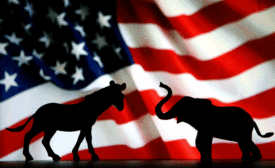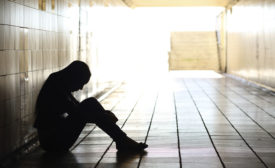Home » psychology
Articles Tagged with ''psychology''
How organizations can really fight sexual harassment
Workplace psychologists weigh in on culture, policies, and prevention
January 16, 2018
Cold symptoms feel worse when people feel lonely
Quality, not quantity, of relationships makes a difference
April 6, 2017
Become a Leader in Safety Culture
Build your knowledge with ISHN, covering key safety, health and industrial hygiene news, products, and trends.
JOIN TODAYCopyright ©2025. All Rights Reserved BNP Media.
Design, CMS, Hosting & Web Development :: ePublishing






